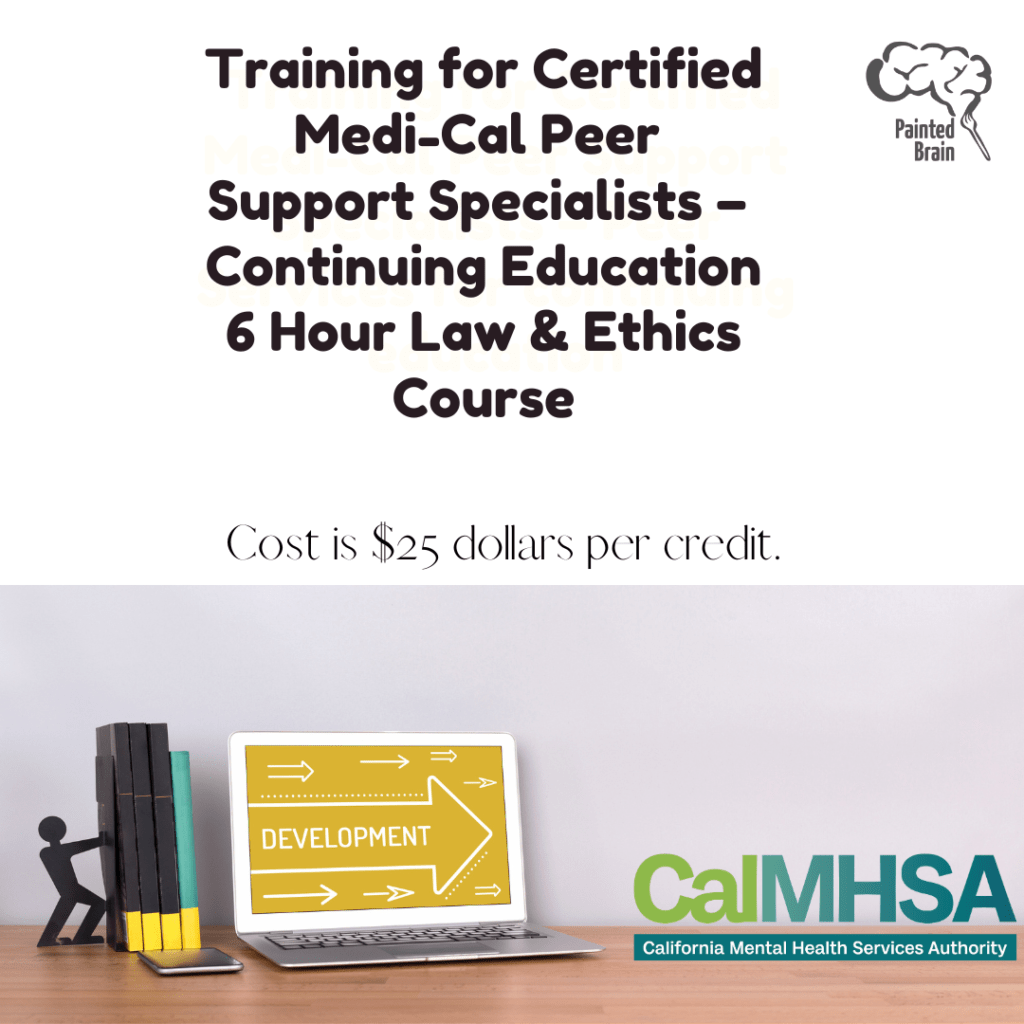Are there times where you feel like your emotions are getting the best of you or like your brain is overwhelmed with sensory input? These could be times where you feel anxious or worried or where you are easily frustrated or irritated. We are going to give you a few things you can do to avoid that kind of experience.
If you are prone to feeling this way, you have probably already been given good advice about doing breathing exercises, stepping away from the situation, and using other stress-relieving techniques. We want to focus on prevention here, though, so that you get into these kinds of situations less frequently.
Delegate Responsibility
One of the reasons why people feel overwhelmed by all they have to do is that they give themselves too much to do. They believe they have to do it themselves for it to be done properly, so they fail to delegate. Try seeing if you can give some of your responsibilities over to other people who might be able to handle it. This may require some explanation of how to do certain tasks, and you may even have to train people to handle some of those responsibilities. However, if you can give some of your responsibility away, that will take pressure off of you and leave you more time to focus on the things you need to do. You won’t feel as hurried and anxious about having enough time to get them done, and you will be less likely to feel overwhelmed.
Delegating duties is something that you can do as an employee or a manager, but it isn’t exclusive to a workplace environment. You can also delegate at home and in your family, asking other people to help out with things that you and they share some responsibility for or that you and they both benefit from.
Create Order When Possible
Chaos causes confusion and anxiety, even in people who don’t care to be very organized. It can help your mental health to try to be as organized as possible. One of the better methods of organization is to make a schedule for yourself. By sticking to a routine, you can create order in your life, even if you are very busy. This will help you determine your priorities and ensure that you get done the things you need to each day.
It will also help to keep your home organized, especially if you put things in the same place each time. This way, you are less likely to lose your keys, wallet, purse, and phone. Keeping a neat and orderly home helps your mental state and reduces anxiety. If you can keep your home well cleaned throughout the week, that will be beneficial as well. Skilled home cleaners like ImagineMaids can do this for you when you are unable to keep up with housework on your own.
Look for other areas of your home or your life where you can create order. If there is any chaos, any disorganization, it can be easy for things to get out of control. You keep them under control through organization and careful planning.
Create a List of No’s
Are there people in your life who are a bad influence on you who cause you to feel emotionally exhausted? If you can separate yourself from them, then it may be wise to do so. Are there certain tasks you do or foods and drinks you consume that make you feel emotionally overwhelmed? For some people, it is drinking coffee that does it. All the caffeine overstimulates them. For others, it is going shopping in a crowded mall that causes a sensory overload.
Whatever it is, if you can avoid it, create a “no” list for yourself to prohibit yourself from doing it. Think back through the recent weeks and months and write down anything that comes to mind that made you feel overstimulated or overwhelmed. There may be things you can do in a different way to keep from being emotionally exhausted. There may be some things you can replace or do without so that you feel better and avoid triggering circumstances.
When you feel just fine, it may seem silly to make a list like this and try to stick to it, but you will be glad you did if it keeps you from losing control and feeling terrible.
Be Aware of Your Progression
It is helpful to stop and assess yourself to determine if you might be headed toward an emotional overload. Get in the habit of analyzing your feelings and your level of frustration or anxiety. Take stock of your feelings and then make a decision from there to step back and stop what you are doing or continue forward. Your decision should be based on whether you feel fine or not. If you are progressing toward a state of emotional overload, you can stop yourself from reaching that point by changing course and doing something different.
Just knowing where you are along the route to feeling overwhelmed is very helpful. It gives you the opportunity to course correct while you still have good control of your emotions and you have mental clarity. As you go further along the progression line, you will likely have more trouble stopping or turning back. This is why it is so important to self-assess and determine if you need to make any changes to what you are doing.
People who feel emotionally overwhelmed may never completely fix the problem, but they learn how to cope with it and avoid the traps and triggers that place them where they don’t want to be. By following the tips we listed here and listening to your mental healthcare professional, you can prevent serious emotional problems and take control of your life.
It’s frustrating when you feel like you have little control over the way you feel and how things around you affect you. But if you learn to identify triggers, self-assess, and organize your life in such a way that your emotions stay in check, you will be much better off.



